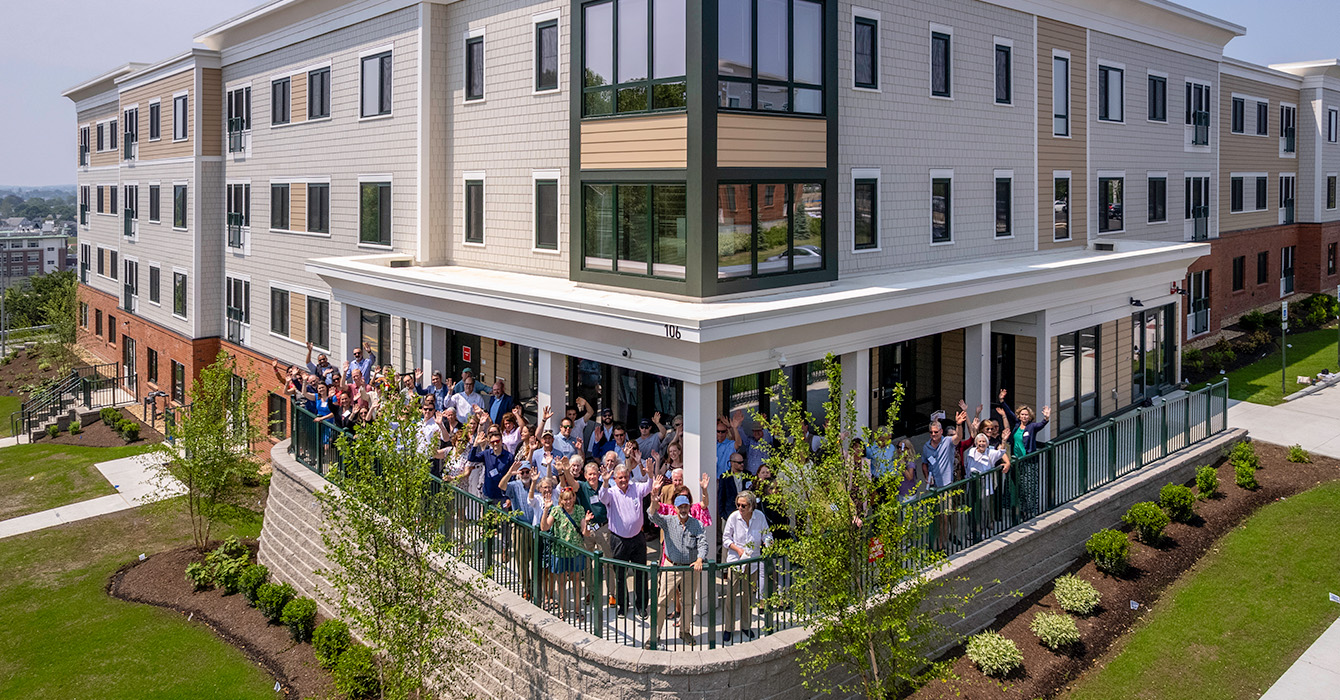I heard the angst in the young Puerto Rican associate pastor’s voice as we discussed career discernment. He referred to “the system” being “messed up.”
I hear it from other sensitive, conscious young leaders also, especially those from nondominant cultural backgrounds. There’s a burden, a sense of feeling trapped in an economic system that’s failing communities of color. They wonder how to find the motivation and direction to keep trying to be inspirational leaders under such circumstances.
I worry about how entrenched injustices in our conventional economy contribute to our sense of burnout as Christian leaders (as Dave Odom describes in a recent essay) and to a lack of engagement at all levels of social, cultural, economic and political life.
It is helpful for my own spirit to learn about alternative economic enterprises in the U.S. and around the world in what is being called the social and solidarity economy. Researchers describe the development and spread of an ecosystem of new organizational models promoting a green and social transformation.
With these, “the social economy has ceased to be the poor cousin of the market and state, and instead is emerging as an alternative way to think about and organize the economy and even society,” as the Stanford Social Innovation Review noted last spring.
I see growing interest in these alternative economic models among young faith leaders. In a recent cohort of the Christian leadership program I direct, I uncovered experience and positive energy around the topic of economics aligned with Christian values.
During a session where my main objective was to introduce the group (20 young leaders from 12 states and 11 denominations) to a participative consensus-building process, we deliberated on the question, “How can Christian congregations and institutions be nodes of gospel-inspired economics?” (We used the Merriam-Webster definition of “economic”: “of, relating to, or based on the production, distribution, and consumption of goods and services.”)
The silence of individual reflection contrasted with the boisterous small group discussions that followed. The young leaders filled the wall with their ideas on half-sheets of paper (65!), organized into clusters with headings such as “Social Policy for Dignity,” “Local Leveraging of Resources for Underresourced,” “Cultivating Redemptive Entrepreneurship” and “Prophetic Re-imagining How to Live Into Acts.”
Cooperatives came up twice in this workshop as examples of nodes of gospel-inspired economics. Are co-ops the answer? I think they might be part of it.
Co-ops are “a robust and equitable ownership model and an alternative to traditional, winner-takes-all capitalism,” according to the incubator Start.coop. They are examples of the freedom in “the system” to structure business differently, from the mainstream, investor-led, short-term profit focus to a focus on power sharing in governance and ownership, and management that prioritizes the triple bottom line. Pope Francis calls it a matter of “the dignity of workers and the rights of future generations.”
Looking to the biblical imperative, we find in the second and fourth chapters of Acts the early church, enlightened in Christ to the profound equality and worth of all, grappling with how to include this neighbor love in the economy of responding to everyday needs.
Nathan Schneider, in “Everything for Everyone,” says that since those early days, stories abound of continued “errant fumbling” around how to embody this deep conviction that living as the body of Christ means meeting the needs of all. We keep trying.
In the Basque region of Spain in the 1950s, the commitment to Christian solidarity and the provision of meaningful jobs led to the birth of the Mondragon Corporation, a federation of industrial cooperatives now employing more than 80,000. Mondragon inspired my dad and his brother in the development of a worker housing cooperative at the family sugar mill in 1950s Cuba.
In Mondragon’s notion of business, the benefits of efficiency are not lost by the prioritizing of human values over economic or material resources. The Rev. José María Arizmendiarrieta, Mondragon’s founder, offers a glimpse of why groups around the world seek to learn from their model:
Interpersonal solidarity, in virtue of which the cooperative or work community is instituted, is further strengthened with the regulation of intercommunity solidarity or the establishment of groups of cooperatives, in accordance with the affinities or complementarities that can be appealed to among their members, with the corresponding provisions for the transfer of both human and economic resources culminating in the rebalancing of profits and losses in the general interest.
Co-ops have succeeded at scale in the U.S. in utilities, agriculture, banking and insurance with companies like Ace Hardware, Cabot Cheese, Nationwide Insurance and our local credit unions. New interconnected cooperative systems are growing in the U.S. in cities like Cleveland and Cincinnati. Some 120 million Americans belong to at least one cooperative.
How, specifically, are these kinds of businesses successful? Schneider summarizes recent research on the practical benefits of cooperative businesses:
- Co-ops can establish missing markets by reorganizing supply or demand to meet unmet needs.
- Leaner startup costs can result from volunteerism and sweat equity.
- Productivity benefits arise when members experience direct benefits from their co-op’s success.
- Co-ops offer protection from exploitation for members, resulting in greater trust and loyalty.
- Information-sharing within an organization becomes easier with shared ownership.
- Co-ops face a lower chance of failure, especially after the startup phase, and greater resilience in downturns due to risk aversion and shared sacrifice.
- There can be savings in transaction and contracting costs through co-ownership among clients.
At Leadership Education, we lift up Christian groups experimenting with all kinds of innovations to respond to the challenges of inequality, exclusion and injustice. This year, two organizations that promote co-ops, creating quality jobs that benefit their local economies, were recognized with Traditioned Innovation Awards.
In their community organizing and adult faith formation work with immigrants and others without traditional power in Chicago, the Coalition for Spiritual & Public Leadership (CSPL) has coached a group of Latina immigrant women to launch Living La Fiesta Catering Co-op.
The Industrial Commons promotes a “just, green, inclusive, community-led regional economy” in Morganton, North Carolina. Multiple cooperatives and employee-owned companies with more than 1,100 worker-owners are building on the history of textile production in the area.
One of the cooperatives, called Material Return, turns waste that would have gone to landfills into raw material for new yarn and fabric used by a partner cooperative, Carolina Textile District, to create new finished products. Along with sharing technical and business skills, co-op members study and work to overcome stereotypes and barriers of race and class to foster organizational cultures of respect, belonging and mutual benefit.
Let us use our skills of community asset mapping to discover co-ops nearby we might support, invest in and recommend to others. Let us learn more about the solidarity economy efforts building up local economies, environmental health, and worker and consumer well-being. It will help us practice our prophetic baptismal calls not only to denounce what is “messed up” in the system but also to announce good news.
Learn more:
- Ownership Matters, a biweekly newsletter for founders and funders of the emerging solidarity economy.
- Faith + Finance: Reimagining God’s Economy, an online community offering resources for collaboration among pastors, impact investors, theologians and social entrepreneurs.
- Purpose Foundation, a platform for incubating equitable, inclusive institutional models for businesses and communities.
- Collective Courage: A History of African American Cooperative Economic Thought and Practice, by Jessica Gordon Nembhard.
- Doughnut Economics: Seven Ways to Think Like a 21st-Century Economist, by Kate Raworth.


















